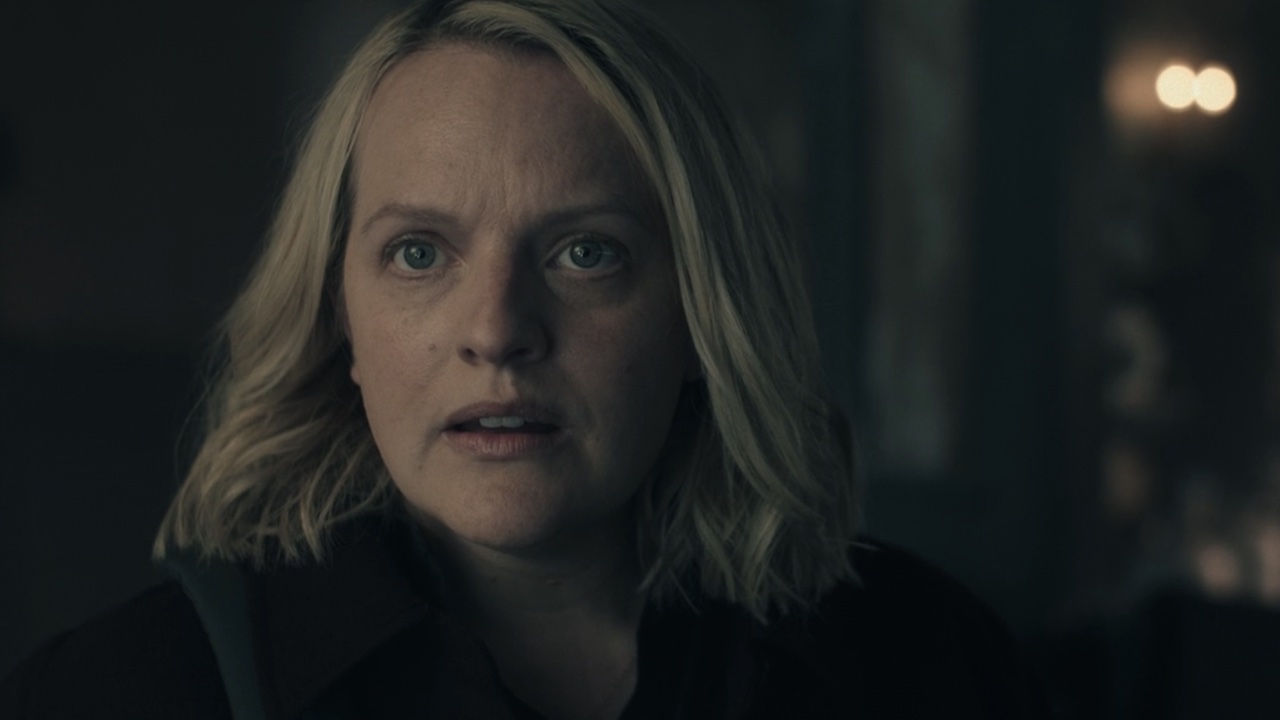10 Great Pieces Of Advice About Writing From Beloved Movie Characters
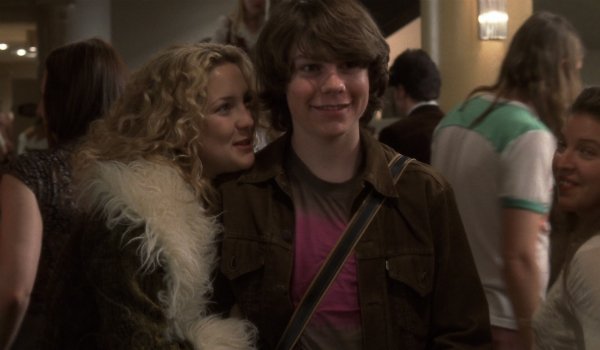
Jason Segel gives the performance of his career in portraying the late David Foster Wallace in The End of the Tour. But it’s not just about the renowned writer. Jesse Eisenberg portrays David Lipsky, a journalist for Rolling Stone come to write a story about the last leg of Wallace’s Infinite Jest book tour and what it’s like being the most talked about writer in the country. What ensues is a look at what happens between the writer and his subject when the subject is also a writer and the writer also has his own agenda.
In addition to garnerning early awards buzz, the film is also a must-see for writers, both seasoned and aspiring. Through the performances of Segel and Eisenberg, a number of lessons on the writing process can be gleaned. And there's plenty more where it came from. Coupled with some of the other films on writing, one can piece together a manual of sorts to further the craft.

The End of the Tour
Jason Segel, David Foster Wallace
Advice: Know your agenda.
Rebecca Mead of The New Yorker analyzed End of the Tour based on the interviewer-subject relationship. It’s an interesting dynamic, considering Wallace (a previous interviewer) is the subject and Eisenberg (the subject of many celebrity interviews) is playing the interviewer. In this regard, the best advice from the film comes not from something explicitly said, but that points to Janet Malcolm’s iconic essay The Journalist and the Murderer. This process can be seductive for both the interviewer and the subject, so it’s important to acknowledge your own agenda.
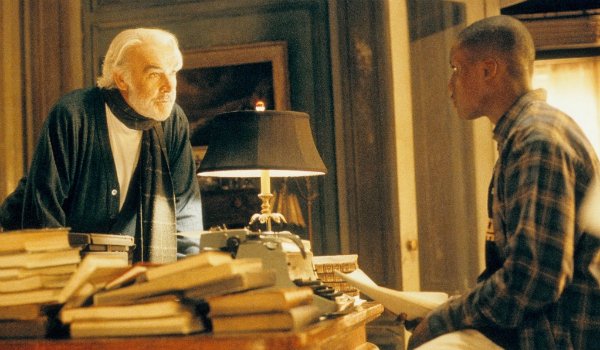
Finding Forrester
CINEMABLEND NEWSLETTER
Your Daily Blend of Entertainment News
Sean Connery, William Forrester
Advice: Write first, think later.
As someone plagued with writer’s block, sometimes all I need is for someone to scream at me. That’s how Finding Forrester made its mark. Sean Connery plays the fictional author William Forrester, a man who wrote the great American novel. In taking a young protege under his wing, he gives him a solid piece of advice: "No thinking - that comes later." Thinking only comes in the rewriting stage, while the first priority is just to write.
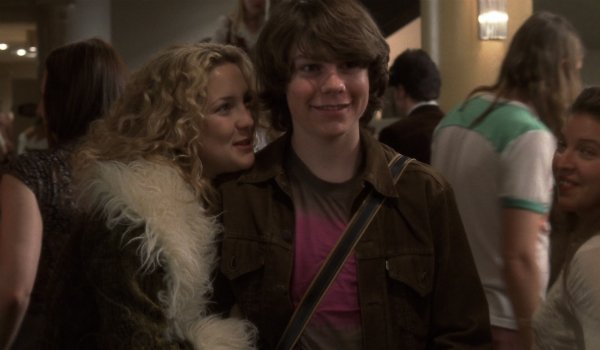
Almost Famous
Philip Seymour Hoffman, Lester Bangs
Advice: Keep a safe distance from your subject.
The fundamental rule of being a rock journalist is, "You cannot make friends with the rockstars." Though, this certainly applies to other forms. According to Philip Seymour Hoffman’s Lester Bangs, a renowned music critic from the ‘60s through the early ‘80s, these figures — these subjects — will attempt to wine and dine you, so to speak, in the hopes of making them look cool. It’s important to keep your distance, to look upon them as objectively as humanly possible.
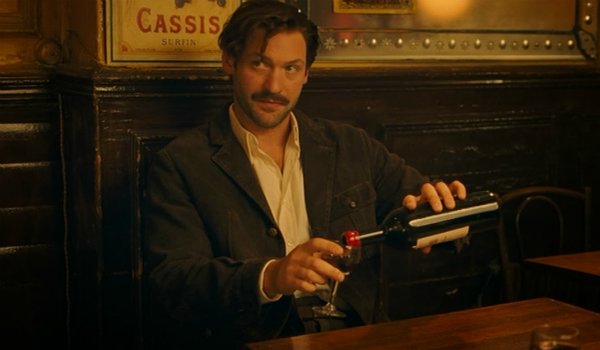
Midnight in Paris
Corey Stoll, Ernest Hemingway
Advice: Find the truth in everything you write.
Before playing Yellowjacket in Ant-Man, Corey Stoll portrayed Ernest Hemingway in the Woody Allen film Midnight in Paris, in which his character delivers some sound advice about a writer’s subject. "No subject is terrible if the story is true," he says. He goes on to cite clean prose and "courage and grace under pressure," but he reiterates a writer’s strive towards honesty. It can sometimes be difficult to decipher truth from fabrication, especially in the blogosphere. But with truth comes realization and a need to connect with the subject on a human level.
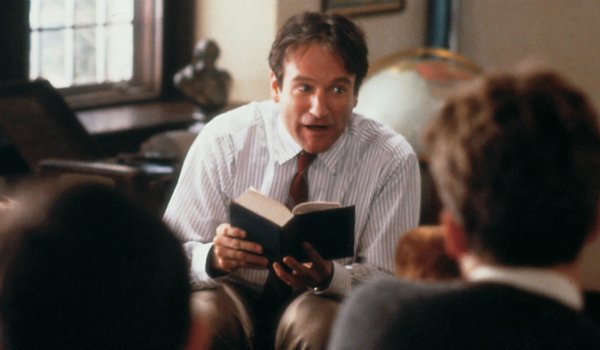
Dead Poets Society
Robin Williams, John Keating
Advice: Find your own voice.
Dead Poets Society is one of Robin Williams best films, and it’s full of golden nuggets for writers. One of his main declarations is to "break out" from your shell and to find your own voice. As he says, "The longer you wait to begin, the less likely you are to find it at all." Furthermore, he says we diverge from what others think of our voices, and trust that they are unique. In this way, we can achieve our own sense of glory.
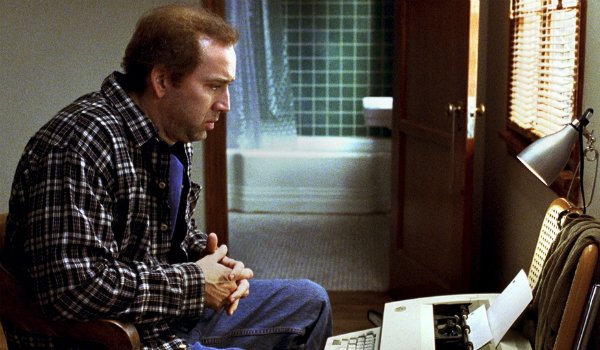
Adaptation
Brian Cox, Robert McKee
Advice: Show. Don't tell.
Adaptation is a film about the process of adapting a novel for the big screen, which comes with its own complications. Writers are commonly taught to show and not tell, and in this film Brian Cox’s Robert McKee echoes the stance. Although, he calls lazy voiceover narration "flaccid" and "sloppy," as "any idiot can write a voiceover narration to explain the thoughts of a character." It can be far more interesting to find alternative, creative means of revealing such information.
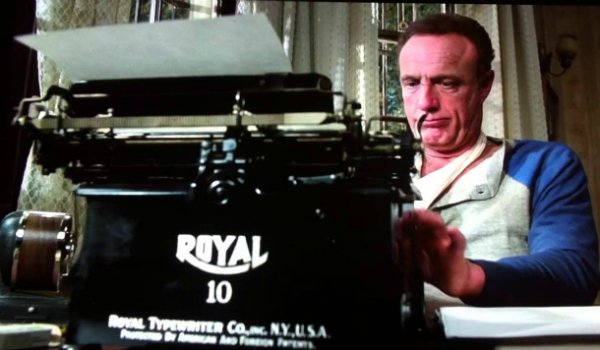
Misery
James Caan, Paul Sheldon
Advice: Push through the grind that comes with writing.
Writing can be exhausting. It demands a lot of time and focus on your part, and there isn’t always instant gratification. But, it’s something all writers must endure, and no one knows this better than Paul Sheldon in Stephen King’s Misery. He is quite literally locked in his room, berated by his fan’s demands, and beaten for his craft. It’s not pretty, but all those in the profession face a similar grind from time to time, though perhaps not in such a physically brutal way. When you are hitting that wall, remember that you don't have it nearly as bad as Paul.
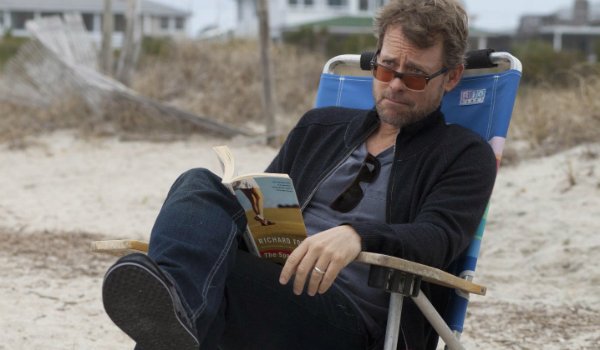
Stuck in Love
Greg Kinnear, William Borgens
Advice: Get life experience. It aids your writing.
Stuck in Love, a film about a famous writer and his family navigating love and relationships, isn’t the greatest piece of cinema in the world, but it does have some crucial words of wisdom. "A writer is the sum of his experiences. Go get some." This comes from Borgens, whose son is jealous of his sister’s success as a new writer. Don’t know what to write about or how to write about something? Go and find out.

Kill Your Darlings
Dane DeHaan and Daniel Radcliffe, Lucien Carr and Allen Ginsberg
Advice: Break the rules.
Dane DeHaan and Daniel Radcliffe play Lucien Carr and Allen Ginsberg, poets of the Beat Generation. According to Carr in the film, it is a writer’s "duty to break the law." The "rules" of writing well are more akin to guidelines. Their characters spawned a new era of poetry and writing from following in their idols’ footsteps. For instance, Walt Whitman, as Ginsberg points out, hated meter, much as this pair embraced an anti-authoritative stance on the craft.
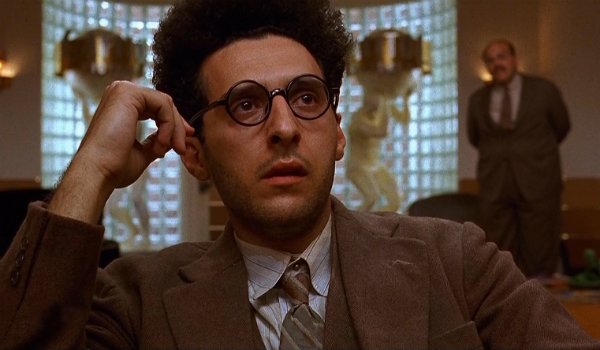
Barton Fink
John Turturro, Barton Fink
Advice: Pain makes your writing beautiful.
Joel and Ethan Coen were suffering from writer’s block — or a slower "working speed," as they called it — before writing Barton Fink, about a New York playwright who moves to write movie scripts. As Turturro’s title character says, "I’ve always found that writing comes from a great inner pain." He likens this pain to, perhaps, one that comes from wanting to help your fellow man, or, on the other spectrum, personal pain. No matter what it is, he believes that no "good work is possible without it."



